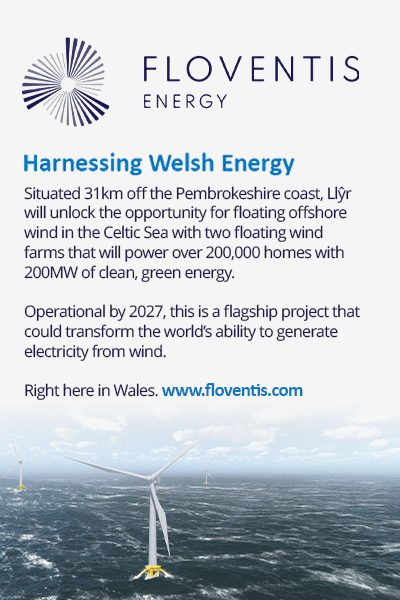The Crown Estate, a unique real estate business owned by the Monarch, plays an influential role in the UK’s management of its offshore resources. Acting as a crucial catalyst, it is currently unlocking a wealth of opportunities in the Celtic Sea, particularly in the emerging sector of offshore floating wind power.
One of the primary responsibilities of The Crown Estate is to lease sections of the seabed for wind farm projects. Through this role, it directly facilitates the advancement of the UK’s offshore wind sector, providing opportunities for renewable energy companies to utilise the vast resources of the Celtic Sea.
But it's not just about leasing the seabed. The Crown Estate plays a central role in streamlining planning and development processes, working closely with Government bodies, regulatory agencies and industry players. Its involvement helps expedite the necessary permissions for offshore installations, fostering a favourable environment for the growth of offshore wind projects.
Beyond this, The Crown Estate also oversees the delicate balance of marine conservation, ensuring the sustainable use of the seabed and the preservation of marine habitats. In doing so, it ensures that the transition to green energy doesn’t compromise the ecological integrity of the Celtic Sea.
Green Economy Wales spoke with Rebecca Williams, Director of The Crown Estate in Wales about the recent Marine Energy Wales Conference.
In essence, The Crown Estate is the linchpin that brings together the various stakeholders in the Celtic Sea's offshore wind supply chain. From manufacturers of cutting-edge wind turbines to operations teams ensuring their efficient functioning, they all rely on the Estate’s facilitative role.
The Crown Estate's influence extends even further when considering the socioeconomic benefits. As this offshore wind sector grows, so does its potential for job creation and regional economic activities leading to significant investments in local economies.
Looking to the future, The Crown Estate’s role will continue to be crucial as the UK seeks to meet its ambitious renewable energy targets. As a catalyst for change, it will be instrumental in driving innovation, facilitating partnerships and ultimately, unlocking the vast renewable potential of the Celtic Sea.





